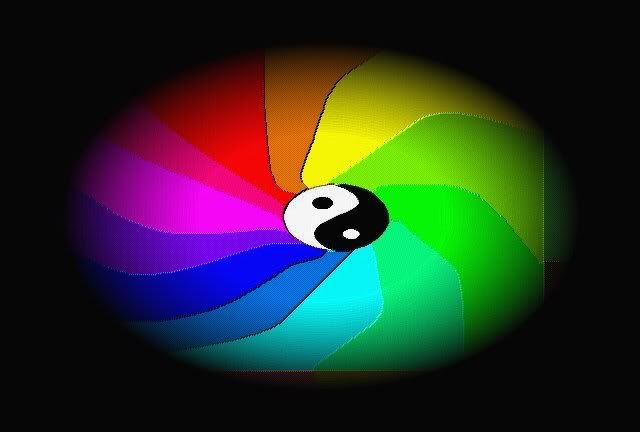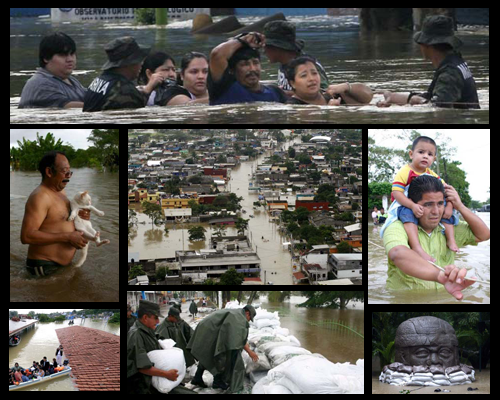Let us talk about the problem of evil, Mr. Loran. Where do we read about evil as a separate manifestation, as a result of too abundant a growth of the quality of judgment separated from the quality of mercy?
–The Book of Lights by Chaim Potok
I read the NOLA blogs every day. I read blogs in the diversosphere every day. I read diaries and posts about undocumented migrants every day.
On all these subjects, I often find myself battling posters at Daily Kos who say things like “Oh well those folks in New Orleans shouldn’t have built their homes there, and they should just bulldoze the place, it’s environmentally unsafe!” Or “I’m not a racist, so really that doesn’t apply to me, those folks are just oversensitive, besides that boy in Jena was a criminal, and Martin Luther King wouldn’t have defended him.” Or “those illegal aliens are making it harder for those who are coming here legally and playing by the rules! Why should I care about them — and besides, they’re hurting labor!”
I’ve experimented with many different responses, from aggressive and even profanity-laden to understanding and kind. But those comments always hurt. I don’t even know if I could explain why, they’re just words on a screen, aren’t they?
Judgment. Well of course we are always using our judgment, from mundane things like choosing which toothpaste to buy to big philosophical and political decisions such as who to vote for, who to fight against and why.
And then there’s the judgment implied in the law. This is wrong — if you do this you will pay the consequences, whether it be a fine, jail time, or even execution, even death.
In keeping with Buhdy’s vision of a manifesto (or whatever we end up calling it), I am grappling with the problems of social justice in the United States today.

 Sometimes, in order to stretch the boundaries of who I am, I give myself a mission. I force myself to write a poem about some subject in order to see what I really think about it. Or I try to write an essay.
Sometimes, in order to stretch the boundaries of who I am, I give myself a mission. I force myself to write a poem about some subject in order to see what I really think about it. Or I try to write an essay.
